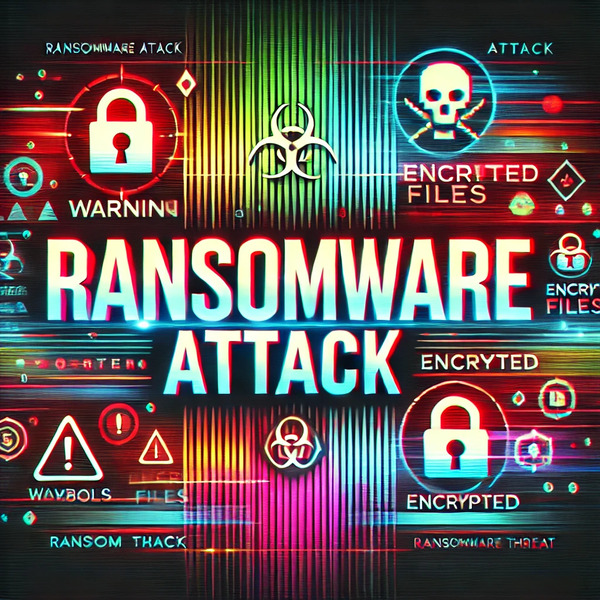In recent times, there has been a noticeable surge in ransomware attacks, a trend most likely attributed to the lucrative nature of such cybercrimes and the increasingly aggressive tactics employed by hackers, such as double and triple extortion. These tactics not only force victims to pay a ransom to regain access to their systems but also to prevent the public disclosure of the stolen data.
One of the most recent high-profile cases involves Cell C, the fourth-largest mobile network operator in South Africa, which has confirmed falling victim to a ransomware attack that resulted in significant data theft. The attack was reportedly orchestrated by a cybercriminal group known as RansomHouse, which specializes in distributing file-encrypting malware. The hackers managed to exfiltrate approximately 2TB of data from Cell C, including sensitive information belonging to around 7.7 million customers.
Despite the lack of detailed information regarding the full extent of the breach, it is still unclear what specific types of data were compromised. However, an anonymous source within the company revealed that the hackers gained access to a wide range of sensitive customer data, such as full names, contact details, ID numbers, banking information, driver’s license numbers, medical records, and passport details. The presence of medical information in a telecom provider’s database raises questions about its relevance to the core business operations.
The stolen data poses a significant risk for potential malicious activities, including phishing schemes and identity theft. In response to the attack, Cell C has taken proactive measures to minimize the impact, enlisting the help of international cybersecurity experts to address the breach and thwart RansomHouse’s actions with technical precision.
RansomHouse, a cyber threat group that has been operational since March 2022, primarily focuses on data exfiltration rather than encrypting victim databases. Despite positioning themselves as a “Force for Good” by claiming to expose IT vulnerabilities in corporate systems, their demand for a substantial ransom contradicts this purported altruistic message.
As the cybersecurity landscape continues to evolve, organizations like Cell C must remain vigilant against the ever-present threat of ransomware attacks and take proactive steps to safeguard sensitive data and protect their customers from the potentially devastating consequences of such cybercrimes. By investing in robust cybersecurity measures and strategic response strategies, companies can mitigate the risks posed by malicious actors and ensure the integrity and security of their digital assets.


